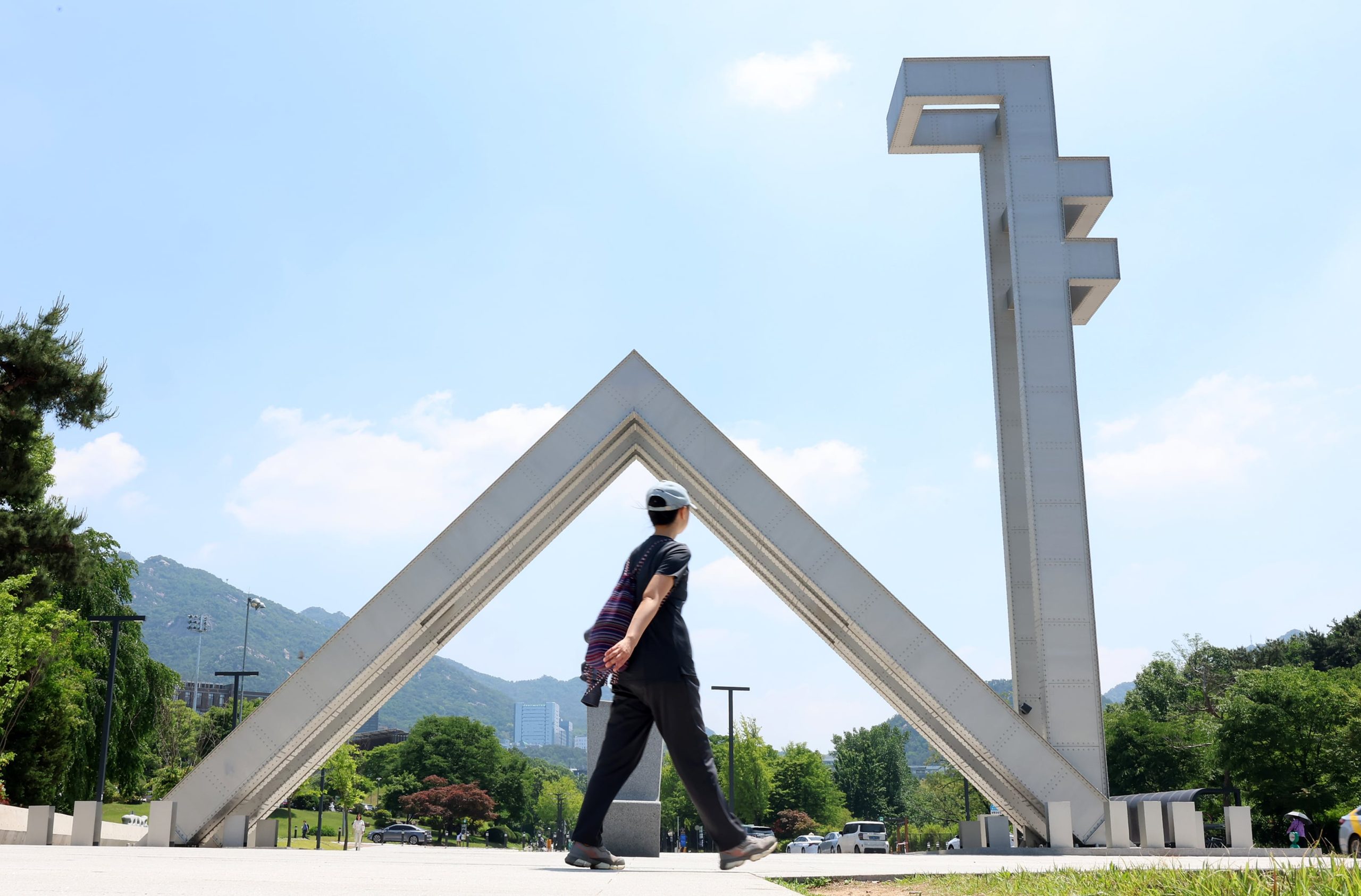A New Era of Faculty Compensation at Seoul National University
Seoul National University (SNU), South Korea’s most prestigious public institution, is preparing to implement a significant transformation in its faculty compensation system. This change marks the first major pay reform since the university was incorporated as a national university corporation in 2011. The new system aims to replace the long-standing seniority-based model with a performance-based structure, designed to enhance competitiveness in an increasingly global academic landscape.
For many years, SNU’s faculty salaries followed a uniform, step-based scheme where raises were determined solely by years of service. However, with academic salaries stagnating and top talent increasingly drawn to foreign institutions, university leaders are now seeking to introduce merit pay. This shift is intended to retain competitive faculty and address concerns about brain drain.
According to an internal document obtained by a news outlet, the plan would divide tenured professors—approximately 1,400 individuals—into four performance tiers based on research output and teaching quality. Bonuses would be reserved for those without ethical or instructional violations, such as plagiarism or repeated negative student evaluations.
The top 5% of professors, roughly 70 individuals, would be eligible for the highest tier of performance pay. Conversely, faculty deemed underperforming or violating professional standards would receive no bonus. Unlike the Education Ministry’s 2016 merit-pay program for national universities—which resets evaluations each year—SNU’s plan calls for a cumulative model. Performance bonuses would be added to base pay, allowing strong performers to build lasting salary gains over time. SNU, which is exempt from the ministry’s scheme due to its corporate governance structure, expects to finalize the plan in September following review by its University Senate.
This initiative comes amid growing concerns over faculty attrition. Between 2021 and May 2025, 56 professors—about 2% of the university’s total faculty—resigned to join universities in the United States, Hong Kong, Singapore, and elsewhere. University officials warn that SNU, along with other top Korean institutions, risks further brain drain without more competitive pay structures.
Under the new system, faculty will be evaluated across four tiers: S (Satisfied), N1 (Normal 1), N2 (Normal 2), and U (Unsatisfied). Those rated S would receive 200% of a baseline bonus, while N1 would receive 150%, and N2 100%. Faculty rated U—those flagged for ethical or performance issues—would receive nothing. One university official mentioned that top-tier bonuses could exceed 10 million won, or about $7,200.
In addition to the performance-based bonuses, SNU also plans to raise the base salaries of tenured professors by about 3 million won, or $2,200, annually. “This is a first step toward correcting the fact that SNU professors earn less than their peers at private universities in Korea, not to mention institutions abroad,” the official said. “We want to give faculty a reason to buy into the new system.”
Funding for this year’s rollout has been secured through the Ministry of Economy and Finance. However, long-term budget support remains uncertain. President Lee Jae-myung has pledged to elevate 10 universities to SNU’s level, raising questions about how future merit-pay allocations will be prioritized under broader higher education reforms.
The system will be overseen by a new compensation review committee composed of the university’s executive vice president, key deans, and eight faculty members appointed by the president.
Despite these efforts, implementation faces several challenges. Final performance scores will depend on teaching evaluations and research productivity, with individual colleges responsible for setting field-specific criteria. This has led to concerns about fairness.
“It’s extremely difficult to quantify research performance in a way that’s equitable, especially across disciplines,” one professor said. “Even with detailed metrics, there will be pushback.”
Some faculty also question whether the proposed bonus spread is large enough to meaningfully motivate performance—or whether a four-tier model can truly differentiate among the diverse levels of academic output. As SNU moves forward with this ambitious reform, the success of the new system will depend on addressing these concerns and ensuring a fair and transparent evaluation process.







